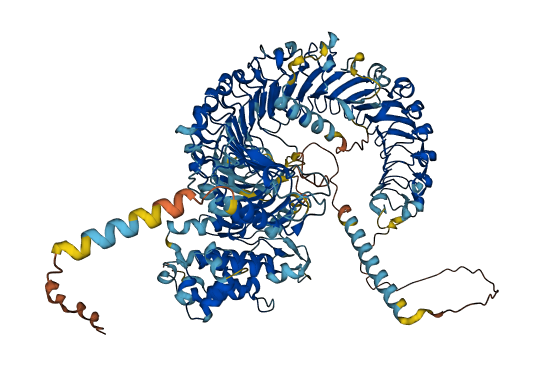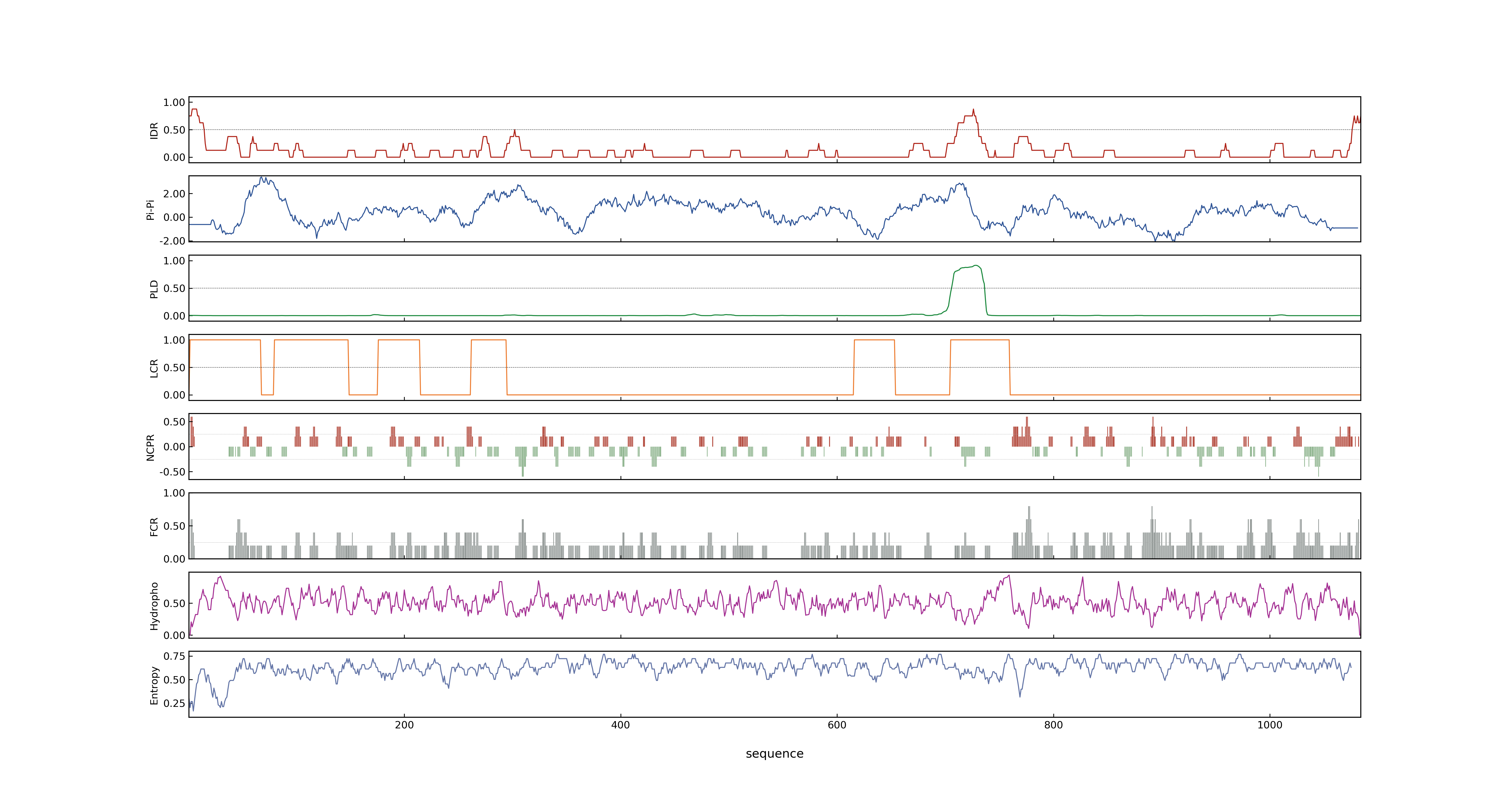- Information
- Symbol: OsRPK1
- MSU: LOC_Os07g41140
- RAPdb: Os07g0602700
- PSP score
- LOC_Os07g41140.1: 0.5935
- PLAAC score
- LOC_Os07g41140.1: 0
- pLDDT score
- 83.13
- Protein Structure from AlphaFold and UniProt
- MolPhase score
- LOC_Os07g41140.1: 0.96345347
- MolPhase Result
- Publication
- Overexpression of the receptor-like protein kinase genes AtRPK1 and OsRPK1 reduces the salt tolerance of Arabidopsis thaliana, 2014, Plant Sci.
- OsRPK1, a novel leucine-rich repeat receptor-like kinase, negatively regulates polar auxin transport and root development in rice, 2014, Biochim Biophys Acta.
- New changes in the plasma-membrane-associated proteome of rice roots under salt stress, 2009, Proteomics.
-
Genbank accession number
- Key message
- RESULTS: The OsRPK1 gene, which encodes a Ca(2+)-independent Ser/Thr kinase, was predominantly expressed in root tips, leaf blades, and undifferentiated suspension cells, and was markedly induced by treatment with auxin or ABA
- OsRPK1 over-expression also inhibited the expression of most auxin efflux carrier OsPIN genes, which was accompanied by changes in PAT and endogenous free IAA distribution in the leaves and roots
- CONCLUSIONS: The data indicated that OsRPK1, a novel leucine-rich-repeat receptor-like kinase, affects the root system architecture by negatively regulating polar auxin transport in rice
- OsRPK1, a novel leucine-rich repeat receptor-like kinase, negatively regulates polar auxin transport and root development in rice
- Overexpression of the receptor-like protein kinase genes AtRPK1 and OsRPK1 reduces the salt tolerance of Arabidopsis thaliana
- Using immuno-histochemical techniques, we determined that the expression of OsRPK1 was localized in the plasma membrane of cortex cells in roots
- Knockdown of OsRPK1 promoted the growth of transgenic rice plants, and increased plant height and tiller numbers
- Immuno-blots indicated that OsRPK1 is also induced by cold, drought, and abscisic acid
- We previously identified a novel LRR-RLK in rice roots, and named it OsRPK1
- In addition, a new leucine-rich-repeat type receptor-like protein kinase, OsRPK1, was identified as a salt-responding protein
- Connection
- OsP5CS~OsP5CS1, OsRPK1, Overexpression of the receptor-like protein kinase genes AtRPK1 and OsRPK1 reduces the salt tolerance of Arabidopsis thaliana, The real-time quantitative PCR analysis showed that the expression of the P5CS1 gene was inhibited and the SOS signalling pathway was blocked in the 35S:AtRPK1 A
Prev Next

